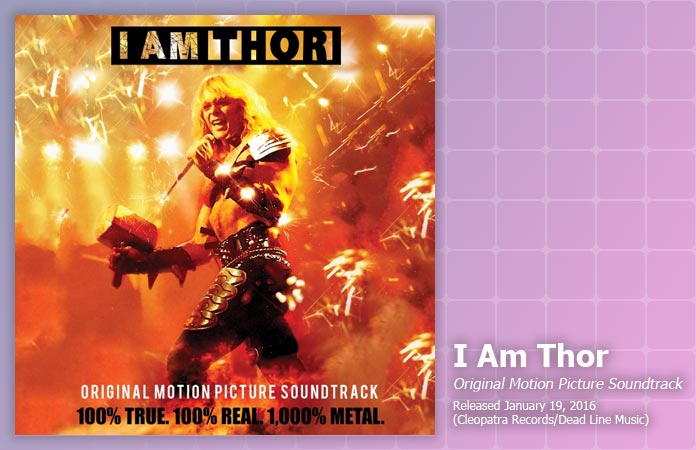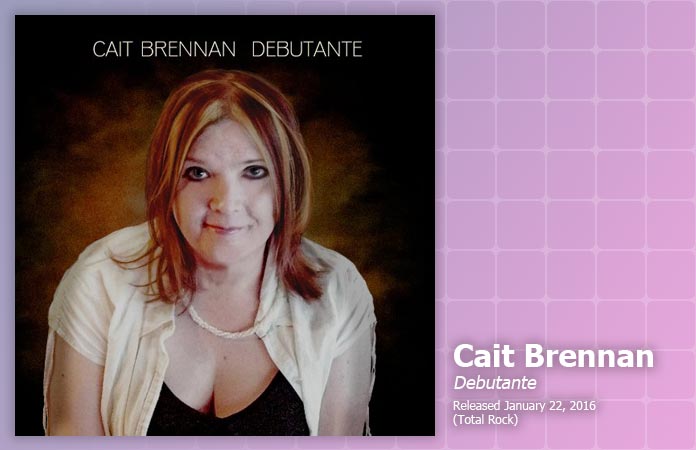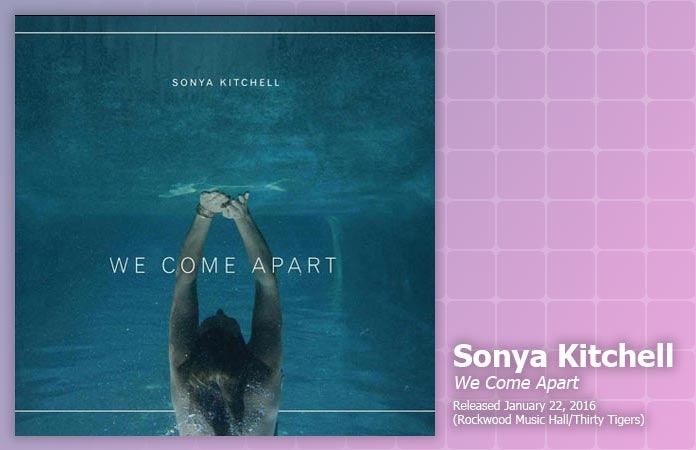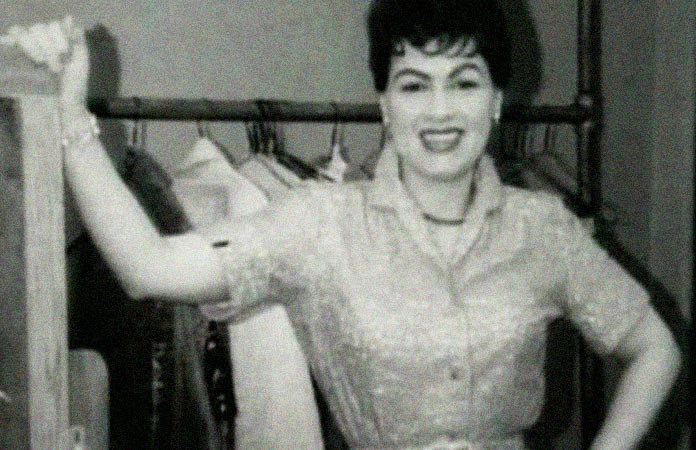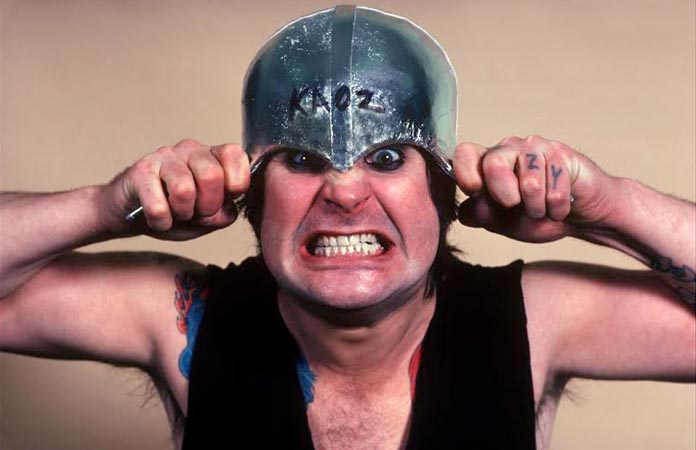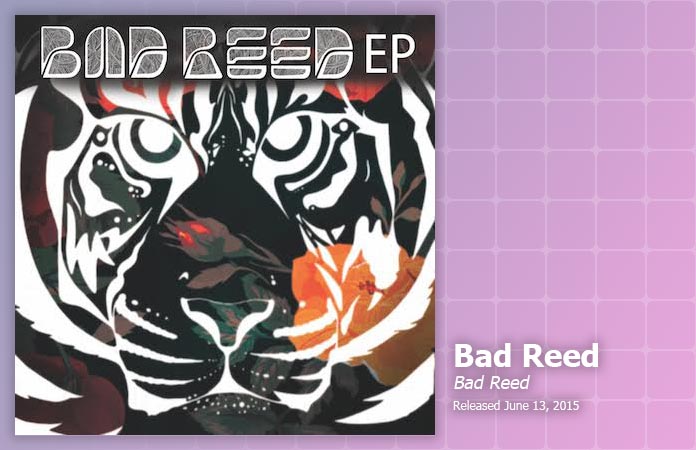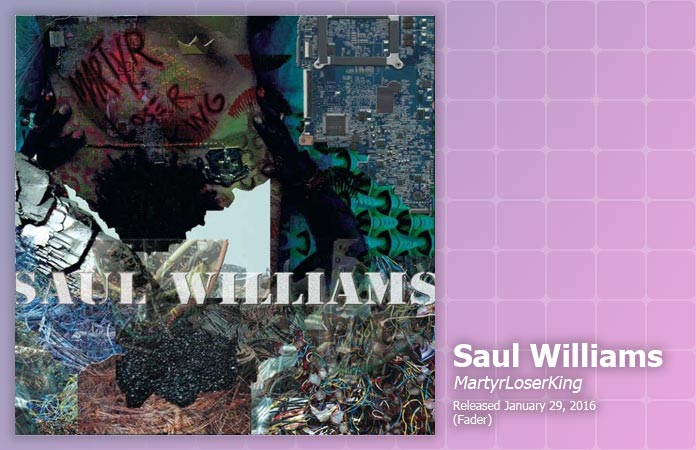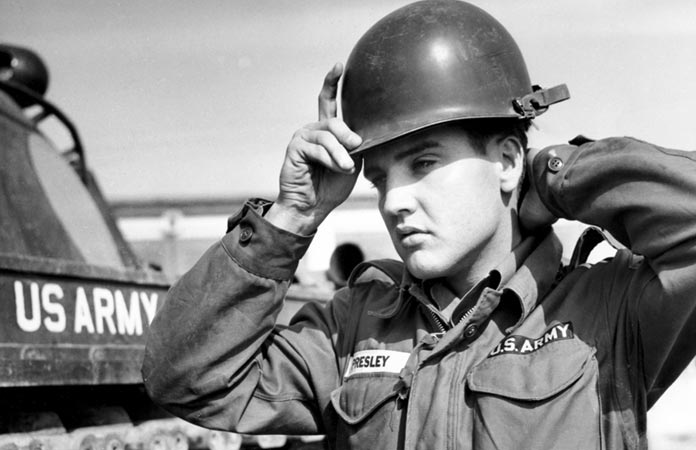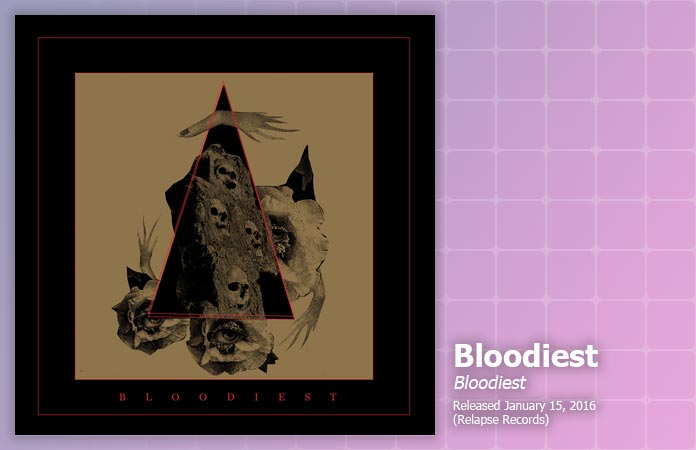Music Review: I Am Thor (Original Soundtrack)
Published on January 25th, 2016 in: Metal, Music, Music Reviews, Reviews, Soundtracks and Scores |By Tim Murr
Welcome to my fourth Thor review in the last year! I’ve been on a quite a journey of discovery with Jon Mikl Thor. When I reviewed the re-release of his landmark 1983 album, Unchained, my memory of Thor the frontman, was fuzzier than my memory of Thor the guy that was in that Adam West zombie movie.
Since then I’ve reviewed his newest release, Metal Avenger (2015), an album that contained some of his strongest material to date. Then, there was the fantastic documentary, I Am Thor. Rock documentaries are pretty common and usually just a boring fan letter to the subject. Sometimes not even including any of the artist’s music due to rights issues. I Am Thor delivers by being a compelling documentary, chock-full of music from Thor’s entire career and featuring great interviews with many people from Thor’s life.
Music Review: Cait Brennan, Debutante
Published on January 22nd, 2016 in: Current Faves, Feminism, Music, Music Reviews, Reviews |When Sloan’s Jay Ferguson was writing “Waiting For Slow Songs,” he may have been writing about Cait Brennan, but didn’t even know it. “‘Cause you write the saddest songs / turn around and make it a singalong / the heart scratch melody / means there’s more than this for you and me.” Cait knows a heart scratch melody and knows how to swaddle a sad song in the prettiest, most glorious melodies and harmonies, and make it furiously catchy. I’ve had Cait Brennan’s Debutante on my iPod for quite a while now and every time one of the tracks pops up, I immediately need to rewind and hear it again. Simply put, Debutante is the kind of record that artists dream of recording. It’s been a long time coming.
Music Review: Sonya Kitchell, We Come Apart
Published on January 21st, 2016 in: Current Faves, Feminism, Music, Music Reviews, Reviews |Sonya Kitchell began her recording career in 2006 when she was 17 years old, which is impressive enough to note. Better yet, after her debut, Words Came Back To Me, Kitchell diversified by recording an EP of string quartets, collaborating with Herbie Hancock on The River: The Joni Letters, playing at Montreaux Jazz Festival, the Newport Folk Festival, and winning two Grammys (for The River: The Joni Letters, and Tedeschi Trucks Band’s Revelator). She’s a woman of many parts and a rich wellspring of talent.
Today In Pop Culture: America, Meet Patsy Cline
Published on January 21st, 2016 in: Feminism, Music, Today In Pop Culture |Country music has always been a male-dominated genre, from Hank Williams to Hank Junior to whatever the hell you want to call Florida-Georgia Line and Locash. You can hear a strong female voice every once in a while, but in a ratio comparison to men, those ladies are few and far between. But it is far to say that there was a female revolution in country, starting in the late 1950s when one of the most distinct female voices the world has ever known got her start on a national television show.
Today In Pop Culture: Eat Fresh With Ozzy Osbourne
Published on January 20th, 2016 in: Metal, Music, Today In Pop Culture |Modern-day 21st century heavy metal is boring. Yeah, I said it. Boring. There’s no flair, no theatricality, no sense of something greater than itself. Bland long-haired boys with guttural voices and quadruple-kick drums, honking and snorting their way through what they loosely refer to as “songs” while the audience punches each other and waits for the breakdown.
The Eighties, though? That was the time. That was the Golden Age of Heavy Metal. Bands were real bands, and wore codpieces without shame or cause. There were pyrotechnics and crazy visual effects. The stage was a giant Satanic playground, with pentagrams flying like boomerangs everywhere. It was goofy and joyous, and sometimes it went a little too far.
Music Review: Bad Reed, Bad Reed
Published on January 19th, 2016 in: Canadian Content, MP3s, Music, Music Reviews, Reviews |By Tyler Hodg
The first effort from Ontario, Canada-based Bad Reed is a three-song self-titled EP. Just enough to taste what the band is about, the ensemble exhibits their genre-fluent music within the short compilation.
Music Review: Saul Williams, MartyrLoserKing
Published on January 19th, 2016 in: Current Faves, Music, Music Reviews, Reviews, Upcoming Releases, Video |“I want the politicians, police, and all who stand in the face of democracy with overzealous self-interest to know that their candle is burning at both ends and that the collective WE will never be silenced, and the more they try, the more our voices will be heard. The technology of awareness is solar powered and cannot be turned off.”
Despite creating poetry and spoken-word performances since 1995 and steadily releasing music since his 2001 album Amethyst Rock Star, there’s a consistent rawness and openness in Saul Williams’ work that’s much more typical of someone in an earlier stage of their artistic career. That’s not a knock on Williams at all; in fact, quite the opposite. Successful artists of every sort have a way of closing up and playing things a lot safer as their careers wear on, often to avoid offending the powerful and influential friends they’ve made over the years, or just to maintain a steady stream of guaranteed income. Artists like Williams have an incendiary freeness, a kind of nothing-to-lose sensibility, that allows them to take their projects down lesser-used and unique avenues. This is something that Williams has always been able to tap into, most recently on his new album, MartyrLoserKing.
Today in Pop Culture: Pink Floyd Builds The Wall
Published on January 18th, 2016 in: Music, Today In Pop Culture |Take a dreadful story about alienation, fascism, war, childhood trauma, and drug addiction. Now, set it all to music. What do you get? One of the biggest-selling albums of all time.
It’s 1980, and the happy-go-lucky Seventies are executed in grand fashion when Pink Floyd’s double album, The Wall, hits number one on the Billboard charts on this date.
Today In Pop Culture: Elvis Gets A Promotion
Published on January 14th, 2016 in: Music, Today In Pop Culture |Back when military service was mandatory in the United States, no male was immune from getting called up. There were ways around it, if you had the stroke to pull some strings, but most men at that time ended up in the employ of the Armed Forces. Some people looked forward to it, having a real desire to serve their country. It was an honorable thing, not just a career or a last chance to make something of themselves before going to jail. They yearned to give something back, to defend the country with their lives, if necessary.
Music Review: Bloodiest, Bloodiest
Published on January 12th, 2016 in: Current Faves, Music, Music Reviews, Reviews |By Tim Murr
“Doom-laden hardcore psych-metal” is how you’d describe the sophomore album from Chicago’s Bloodiest, a six-piece experimental band with members from Russian Circles, Corrections House, and Yakuza. If you are a big fan of Black Sabbath, Neurosis, Saint Vitus, Unsane, or the Melvins then Bloodiest should fit your taste quite well. Mixing 1990s hardcore, drone, and noise, Bloodiest creates a heady brew.
